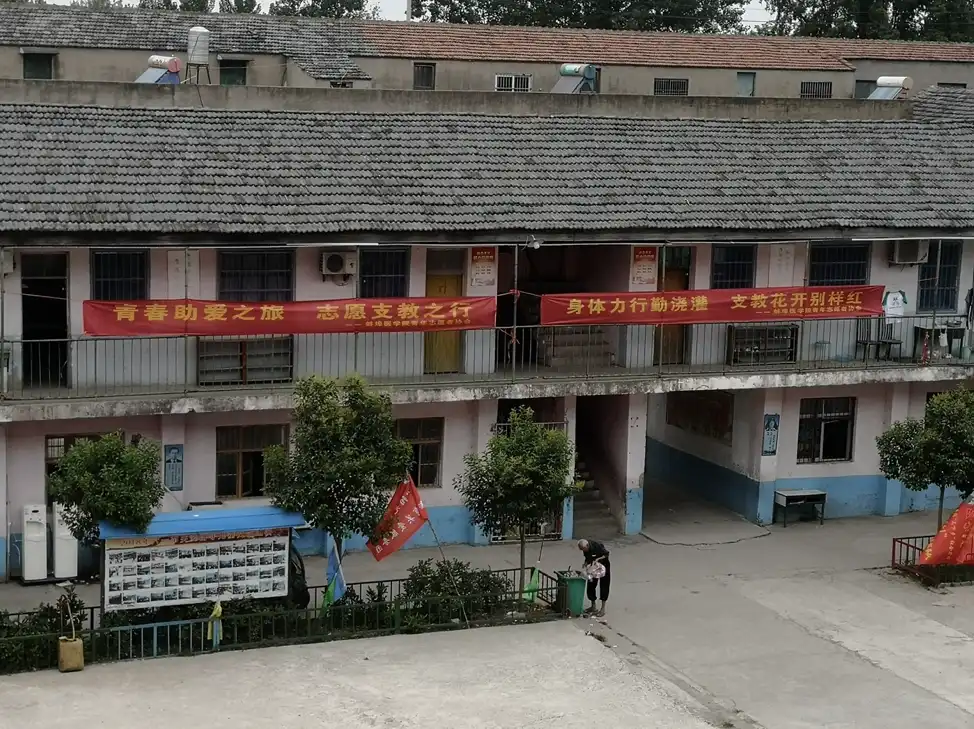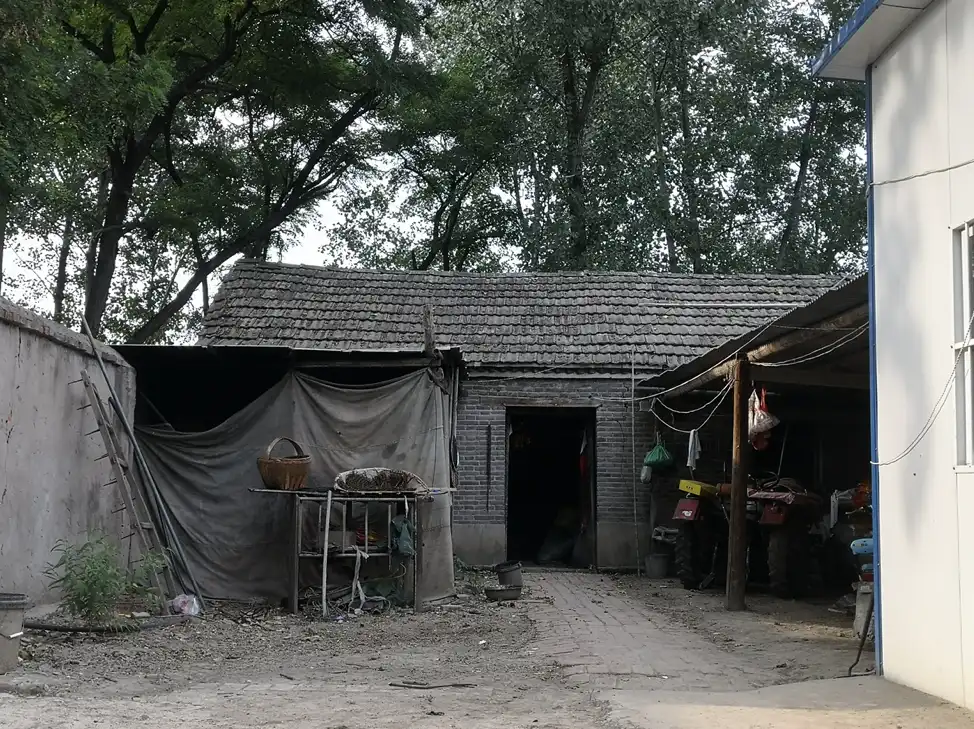Left-Behind Children in China Need More Help from Non-State Actors
Why do the left-behind children still seem to be helpless? Why is the education gap between urban and rural areas still being enlarged? Why is it that the number of students coming from rural areas is continuously decreasing in the leading universities in China? Why does it seem that the left-behind children are still repeating their parent’s fate?
“I can’t see the new China in rural areas.” (农村没有新中国), my friend said when we - a group of 11 college student volunteers - arrived in a small village in Anhui Province this past summer.
My friend's impression of this rural part of China is of course exaggerated; but, even I, a middle-class college boy studying at an American university, was shocked by some of the terrible things I witnessed in the small village. The village is a place where the majority of the school kids are ‘left-behind children (留守儿童). Their parents left their hometown and work day and night in big cities in an effort to make a living. It is a place where some women abandon their children right after giving birth to escape poverty. It is a place where numbers of children grow up suffering from loneliness, mental illness, and thinking disability due to lack of parental care; with many being violently abused by their parents.
With approximately 7 million children aged under 16 who are living without parental care, the tragic circumstances of left-behind children poses one of the greatest challenges to rural education. As the world’s second largest economy, it is hard to imagine the giant education gap in China. In highly developed urban areas, students are studying with Apple devices, receiving elite education abroad, demanding more liberal and quality-oriented education, talking about career goals, commenting on social issues and attending international academic competitions. Some students are even leaning toward elitism. Meanwhile on the other side of China, there are students living lonely lives in the country-side, having never been outside of their home village, not knowing what is going on in the world, let alone studying abroad or talking about their career goals.
The government has implemented several policies aiming to help the left-behind children. Free education until middle school was ensured for all school children in 2008. Continuous subsidies are provided to rural schools. The Ministry of Education required every rural school to have at least one psychology teacher. The number of vocational education is increasing in more rural places.

The dormitory of this middle school
But why do the left-behind children still seem to be helpless? Why is the education gap between urban and rural areas still being enlarged? Why is it that the number of students coming from rural areas is continuously decreasing in the leading universities in China? Why does it seem that the left-behind children are still repeating their parent’s fate?
Perhaps the solution to the problem of left-behind children extends beyond counting on the government. The vertical management of the Chinese government makes it possible to adopt policies quickly around the country. But most of the time, policies made from the upper leadership only help with the problems in general but fail to tackle the most specialized problems at the lower levels. Besides, to fulfill the performance measures, local authorities are often in the pursuit of achieving high marks in terms of the number of school buses, the number of teachers, and the number of students subsidized without actually solving the most crucial problem of what the left-behind children really need, which is the moral support. Furthermore, very few teachers are willing to teach at rural areas because of the low salary and bad working conditions. The lack of good teachers in rural areas results in the bad education, which hampers the left-behind children from learning effectively.

Many left-behind children grow up living in houses like this with their grandparents.
This is why we need more non-state actors (民间力量) to help with rural education in China. By non-state actors, I’m referring to the NGOs, enterprises, and individuals. This past summer, I was interning for the Global Youth Mentorship Initiative -a cross-continental charity organization founded by overseas Chinese students at Columbia University - along with 10 other Chinese college students, some of whom study in elite American and Canadian universities. Other than teaching conventional academic subjects to rural children, we also spent more time teaching music, art, culture, and philosophy, the subjects they have never experienced in their life. We wrote diaries every day with the children to exchange ideas. These children have been constantly told by their parents and grandparents to either study hard to enter college or to do manual work in urban areas. Rarely have them in their life considered about questions like who you are, what you want to be in the future, what you are interested in, and why you have to study hard. Perhaps questions like these are luxurious to the left-behind children given that they never had a chance to enjoy the most authentic liberal arts education. But we are also aware that these questions are essential to them because they will enable those children to carry out independent thinking instead of being submissive to the system. And we believe that these children need more understanding rather than merely being pushed to achieve academic progress because children who grow up without moral support often suffer from mental illness.
The school we taught at is operated by a family in which, the two sons graduated from top Chinese universities and gave up their high-salary jobs in cities, to come back and support the rural education. The younger one, named Shang, has spent years trying to connect with NGOs and enterprises to gain support for this middle school. Under his leadership, this middle school has had campus renovation, more digital devices introduced, and numerous charity organizations from all around the country coming to provide help on education, which elevates the burden of lack of good teachers. Shang said he is trying to explore a new model of rural education, especially for the left-behind children. He believes the government support is far from enough. Instead, the government should encourage more non-state actors to contribute to rural education by reducing unnecessary regulations to social organizations. He also suggests that teachers who work in rural areas should get paid more.
Undoubtedly, education in China has achieved tremendous progress thanks to rapid economic development. However, this economic miracle should also be accompanied by increasing social participation from non-state actors, who are more capable of finding the specialized difficulties that rest in the lowest levels of society. The Global Youth Mentorship Initiative and Shang are examples of non-state actors contributing to the rural education in China. But the 7 million left-behind children deserve more non-state actors to provide more effective help. And at the same time, the Chinese government should also ease the regulations on social organizations and give more encouragement to the non-state actors to contribute to Chinese rural education, especially the left-behind children in rural areas.
This article was written by Sicheng Fan. Please send an email to managing@oncenturyavenue.com to get in touch. Photo Credit: Sicheng Fan